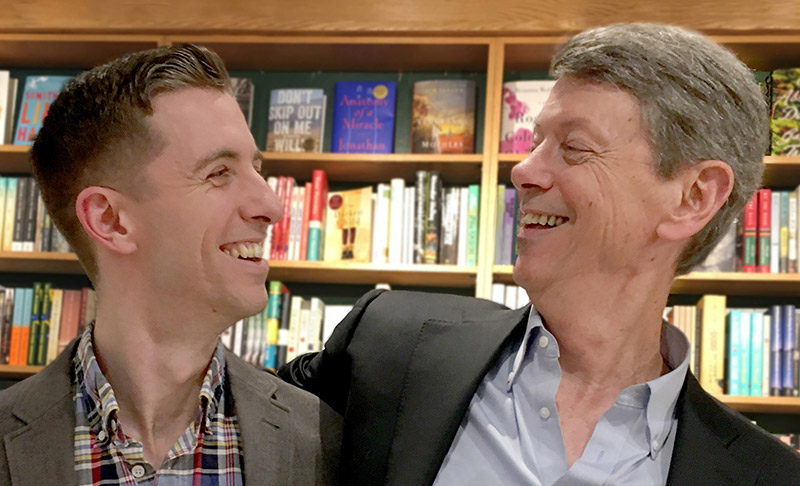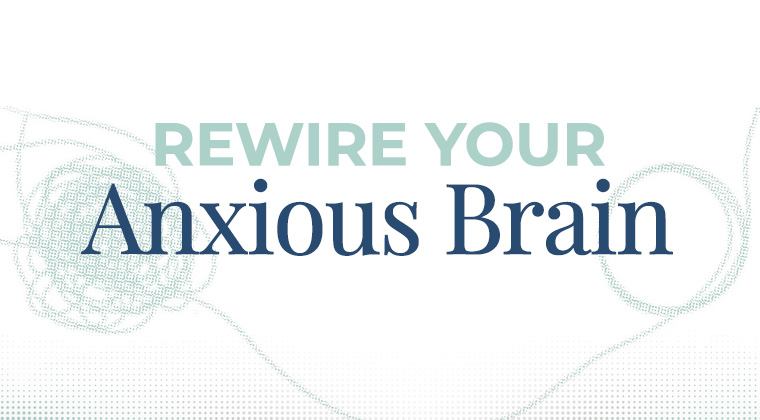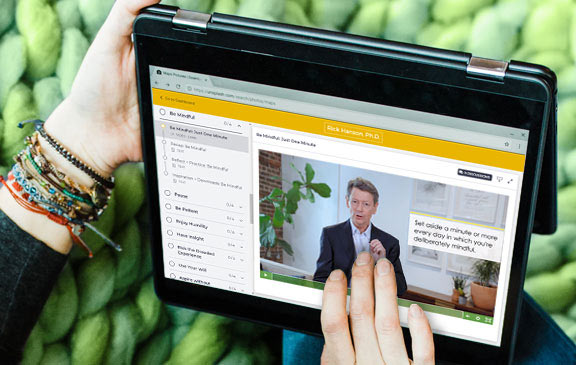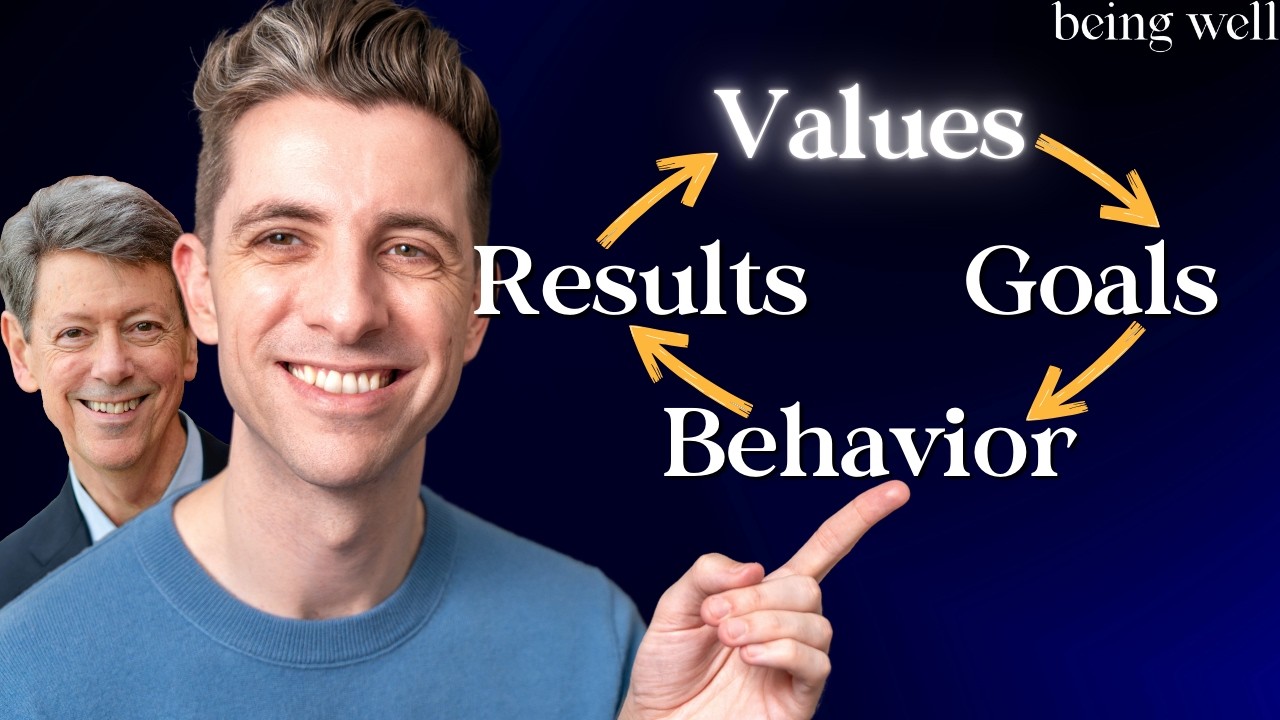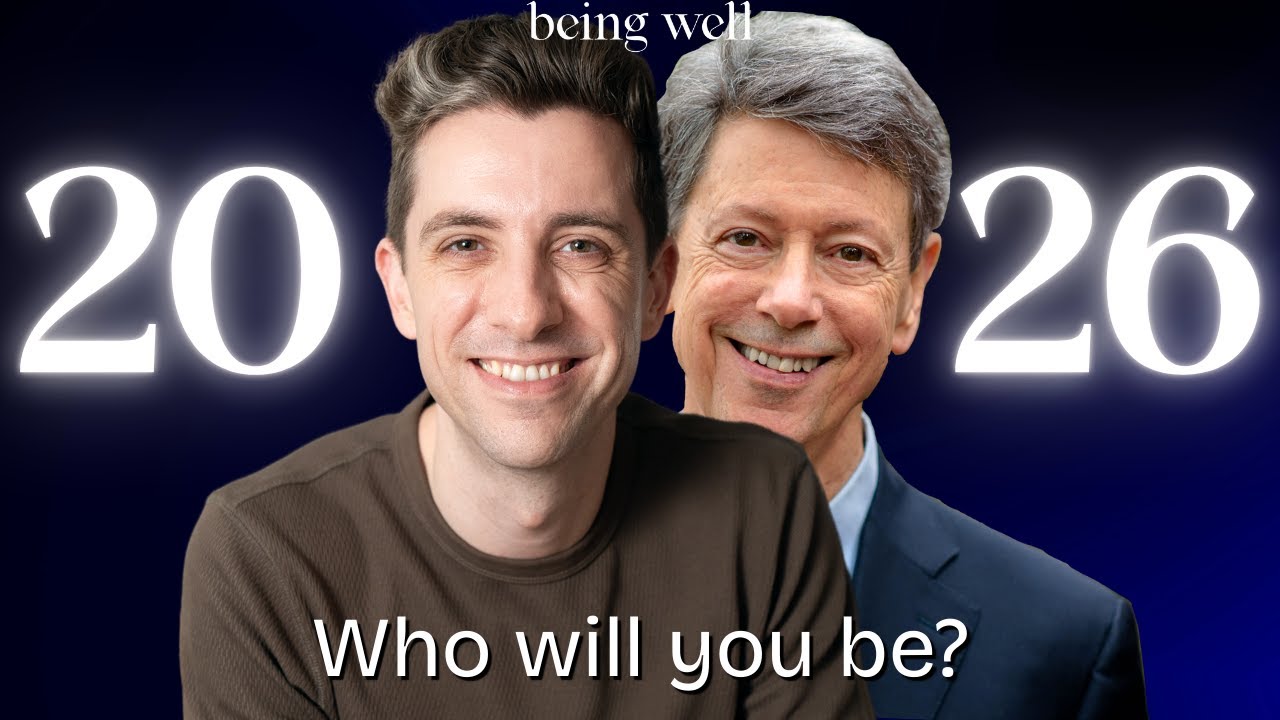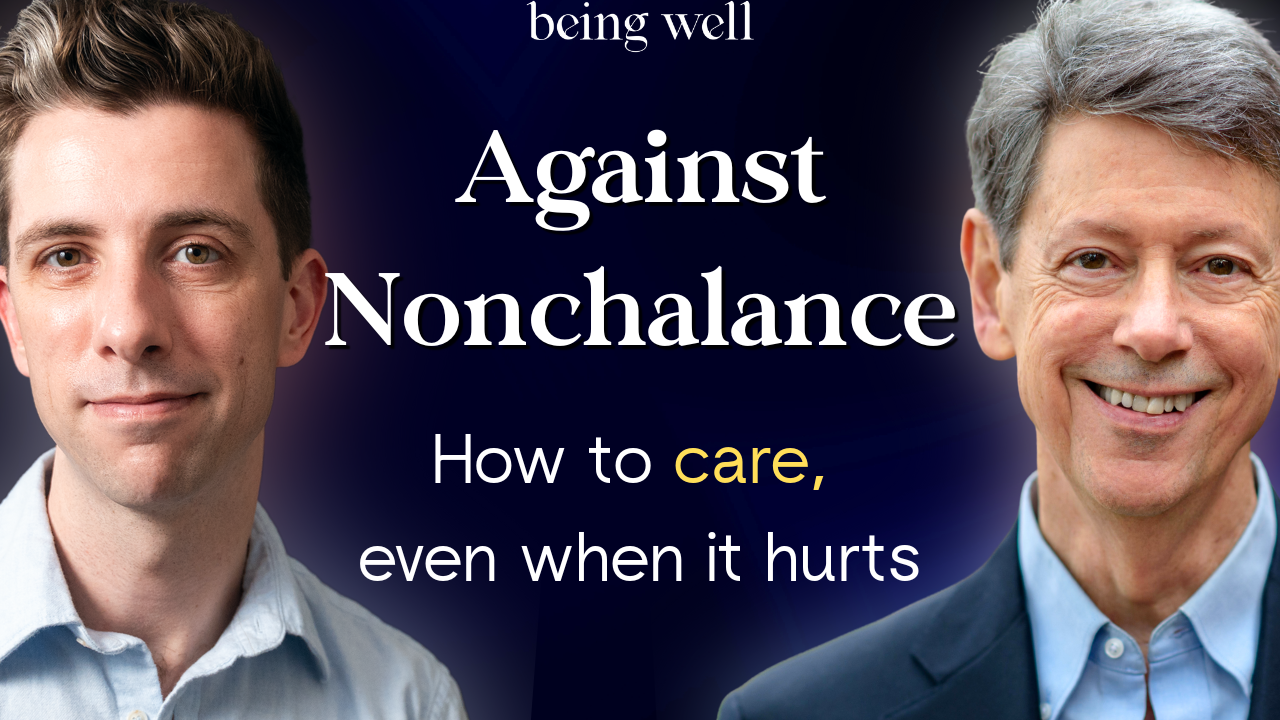Are people optimistic by nature? And how can we use that answer to influence our behavior, or the behavior of other people? Today Forrest and I are joined by Dr. Tali Sharot to explore the optimism bias, how optimism can exist alongside negativity, and how we can influence others more effectively.
About our Guest: Dr. Tali Sharot is a Professor of Cognitive Neuroscience at University College London, and the director of the Affective Brain Lab. She’s also the author of a number of wonderful books, including The Optimism Bias: A Tour of the Irrationally Positive Brain, and The Influential Mind: What the Brain Reveals About Our Power to Change Others.
Key Ideas:
- 1:30: What is the optimism bias, and how does it appear in people’s lives?
- 3:30: Where does the optimism bias come from? Did we evolve it?
- 8:45: How can someone cultivate an attitude of optimism?
- 13:00: Bringing good things into our awareness.
- 16:30: The negativity bias vs. the optimism bias.
- 19:30: Negativity, positivity, and memory.
- 23:00: The impact of surprise on our memory.
- 27:30: What helps us change our behavior and form new habits?
- 30:00: Changing behavior and beliefs on a national scale.
- 34:30: What really influences people’s behavior?
- 40:00: Is human nature more positive or more negative?
- 44:00: Recap
From Dr. Hanson: The Foundations of Well-Being brings together the lessons of a lifetime of practice into one year-long online program. Also, podcast listeners can use the code BEINGWELL10 for another 10% off!




